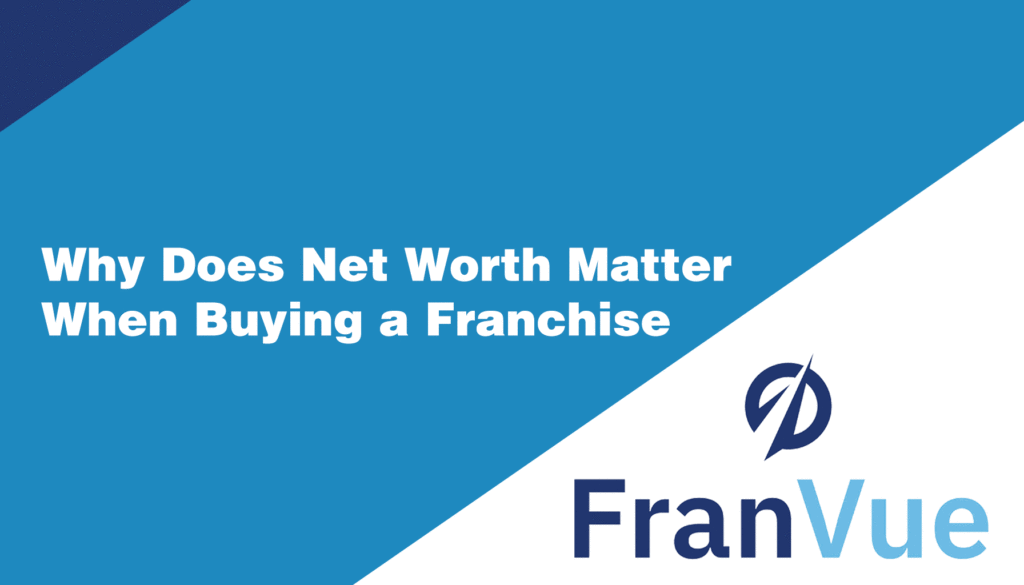Your net worth is one of the most important financial indicators a potential franchisor will want you to understand and provide when purchasing a franchise. Each franchisor has a minimum net worth a person must have to be financially qualified for a franchise investment. Although the required net worth may vary based on the franchise type, it is an essential factor for those who want to own a franchise.
So, What’s Net Worth, and How Is It Determined?
As you research franchise opportunities to invest in, it is important to know and understand how much you are worth. Your net worth is the amount of money you have available to meet your cash flow needs, and it is easy to determine. First of all, make a list of all your property, investments, cash accounts, retirement savings, and other financial assets that you have. Next, write down all your liabilities, including mortgages, car loans, student loans, credit card debt, and other debts. You then need to minus your liabilities from your total assets. The difference is your net worth.
Why Is Net Worth Important to You and the Franchisor?
You use your net worth to get funds for your franchise purchase, and it is checked to know how well you are able to manage your wealth. It provides an idea of how good you are at controlling your finances. Net worth does more for franchisors, though, and the reason they all have bare minimums for franchisees is to make sure you have enough cash to run the business until it becomes profitable.
On the other side, franchisors use net worth as one of the criteria to qualify for a franchise investment. Doing this helps them know which prospective franchisees are more likely to succeed as a franchise owner. While it is true that everything is not about money, a person without enough capital to invest in a franchise won’t be successful at it. That’s why, in the interest of everybody, it is important for franchisors to set a minimum net worth that they accept.
The net worth requirements vary from one franchisor to the other since each type of franchise requires different capital. To be eligible for a business that involves heavy equipment or payroll responsibilities, you will need to have access to capital to offset the bills and stay afloat while the franchising is still on its way to profitability. However, regardless of the amount you need, your net worth will be available for use until the franchise is self-sufficient. You must have enough liquid assets to continue operating the business in its early days.
Not all potential franchisees will like this requirement. A younger individual who has fewer savings or a person who was out of a job due to a business closure might find the net worth criteria burdensome. Plus, a lot of prospective franchisees see buying a franchise as buying a joy or as a source of income, even though that cannot happen in the early stage. Most of the time, it is the opposite that occurs. Most new franchisees are transitioning from a position of income to a position of zero income (for the first few months, at least), and you need to keep the lights on and your doors open.
The goal of every franchisor is the same – to train franchise owners who make profits to pay themselves income and to pay the royalty fees and other franchise dues.
Your net worth and liquid assets serve as a financial safety net that helps you achieve that goal by ensuring that you don’t run out of funds. The failure of a franchise is worse for both the franchisee and franchisor than a franchise sale does not occur. Since the success of both parties is the goal, net worth will continue to be a key part of the qualification process for a franchise. The minimum requirements exist for the benefit of everyone involved in the business.


